OPEN
How well work, live
and learn in the future
About the Author
.jpg)
Photo: Emile Holba
David Price is a writer, consultant, speaker, and trainer. He is a Senior Associate at the Innovation Unit, in England, and Director of Educational Arts. After an initial career as a musician, he worked in adult, community and further education.
He now consults with organisations and schools, and has led a range of ground-breaking, innovative, education programmes, which have successfully re-engaged learners in thousands of schools in several countries. He has given talks all over the world, and written extensively. In 2009, he was made an Officer of the British Empire by Her Majesty the Queen, for services to education. He lives in Leeds, England.
For Speaking enquiries: educationalarts@gmail.com
Twitter: @davidpriceobe
Website: www.engagedlearning.co.uk
Introduction
At 3.00 p.m. on Friday 13th August 1999, I was stuck in the UKs longest-ever traffic jam, with a heart attack. To add further drama to the situation, not that I was particularly looking for more, I had my two young sons in the back of the car. I knew that I couldnt leave them while I went in search of an ambulance. Ive never been quite so dismissive of Friday the 13th since.
My chest was tightening, I was struggling to breathe, and my heart was racing irregularly. In fact, it was beating so fast that I gave up taking my pulse when I realised it was over 200 beats per minute. Somehow, I managed to hang on for a further two hours, crawling along until I got home and was finally able to call an ambulance.
After the doctor calmed me down, she explained that I hadnt actually had a heart attack, though it bore many of the hallmarks of one. Id actually had an episode of something called atrial fibrillation, and she said that I had better get used to such episodes because I was likely to have more in the future. And indeed I did. The real problem, however, lay in trying to establish an underlying cause. As Id been a competitive marathoner for some years, and was still in training, the consultants misdiagnosed a condition known as athletes heart a benign, temporary enlargement of the heart muscles.
Eventually, it became clear that I had a genetically inherited condition known as hypertrophic cardiomyopathy. The doctor casually observed that one of the risk factors was sudden death, so I shouldnt really undertake any strenuous exercise.
By this time Id discovered Google search, so I spent the next two weeks terrifying myself into thinking I was going to suddenly drop down dead; if you try searching hypertrophic cardiomyopathy youll see what I mean. Once the specialists told me that having completed several sub three-hour marathons, it was very likely that I was at the mildest end of the spectrum, I relaxed a little.
However, the atrial fibrillation episodes eventually became more frequent and because fibrillating atria cant pump blood effectively, I was told that the AFib was likely to become permanent. It seemed as though I would inevitably follow my father in having a series of disabling strokes.
I dont declare my health history because Im a hypochondriac. Im telling you all this because what happened next brought me face-to-face with one of the most powerful learning experiences I have ever had, and one which embodies a set of social phenomena which is radically changing how we live our lives.
You see, I discovered an internet forum for fellow atrial fibrillation sufferers.
I know what youre thinking: Is that it? Because its a measure of how ubiquitous these self-help groups have become, that we barely stop to think how they have impacted upon the lives of, well, almost everyone with an internet connection. But imagine for a moment the fate of a frightened, newly-diagnosed patient before forums existed. Other than leafing through an out-of-date medical encyclopedia, the curious patient in the search of learning was entirely dependent upon medical professionals. Opportunities to understand their illness from a fellow patients perspective were often limited to snatched waiting-room conversations. Even obtaining a professional second opinion was frowned upon.
In my case, I was able to reduce the frequency of these episodes from almost daily to once a year or so, thanks to the generosity of people who had expertise and personal experiences they wished to freely share in order to gain fresh insights and to help others.
These small acts of kindness between strangers populate and enliven forums like the one I visited. They happen so frequently that we no longer find this phenomenon the heart-warming miracle it truly is.
What happened during my time on the Afib forum is just one example among billions. In isolation, we dont think of them as anything out of the ordinary. Collectively, however, they represent a social movement affecting almost every aspect of our lives. Were radically transforming how we communicate, share and learn from each other. In a nutshell, were going open.
The Open Revolution
Going open is a social revolution that represents a fundamental challenge to the established order of things one that cannot be ignored. It disrupts and changes, so things can never be the same again. But, as with all revolutions, there are winners and losers.
The winners are ourselves, happily connecting and collaborating through global networks of friends, colleagues and online acquaintances. We are powerfully motivated by the easy access to ideas and information, and the informality, immediacy and autonomy that it brings.
The losers are our formal institutions: businesses, schools, colleges and public services that are failing to grasp the enormity of the change taking place. Most dramatically, the losers are also governments around the world that are now confronted by citizens who will no longer tolerate secrecy and deception. The toppled dictatorships of the Arab Spring may provide the most graphic illustration of this, but there are plenty of others. The fall-out from WikiLeaks, and the 2013 revelations of government-sponsored internet spying in the United States and the United Kingdom, point to a more widespread culture clash.
These institutions are still governing, trading and training for a world that no longer exists, let alone a world that could be. Theyre bewildered by the shedding of compliance and the insistence upon accountability that now defines us as consumers and citizens. We want our governments and public institutions to be transparent. We expect a different set of relationships with companies we buy from, and invest in, based upon social and ethical concerns, not simply financial ones.
How did we get to be so demanding? The answer, I believe, is simple: we became much smarter learners.
Because information flows faster and more freely than ever, and because we are better connected than ever, the barriers to learning are being dismantled. We share what we learn instantly and, generally, without restrictions. How we learn, and whom we learn from, has been transformed. Our reliance upon anointed experts and authority figures has diminished, while our capacity to learn from each other has spiralled.
And its just as well, because the world has never before faced such a complex set of societal, economic, political and environmental challenges. Theyre so complex that governments and corporations cant fix them alone. Instead, they will increasingly look for user-generated solutions. This is why learning matters, and why how we learn has to change.
Learning happens in three locations: in formal education (schools and colleges); in the workplace, and in our home and leisure time (lets call it the social space). While weve become smarter learners, progress has been uneven. In just ten years our learning in the social space has irrevocably changed, largely because it has become open. We are now learning more from our peers than we ever learned in school. Were removing the intermediaries from every aspect of our lives so that we can directly deal with, and talk to each other in ways that have only become possible in the 21st century. Weve even created our own sharing economy.
Next page

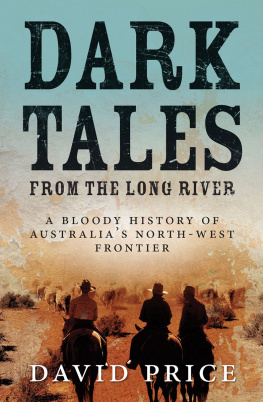


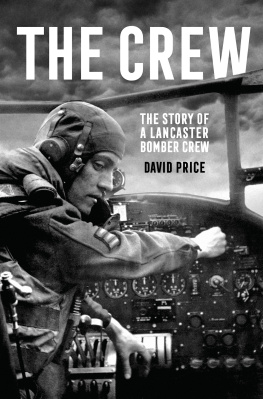

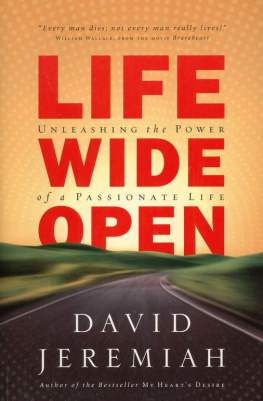
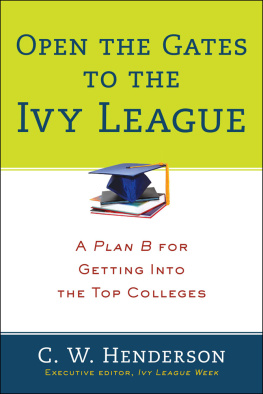
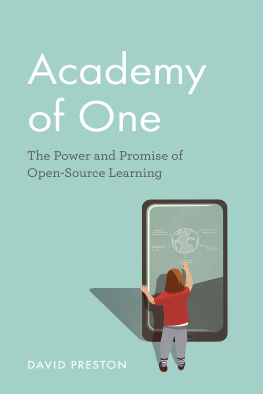
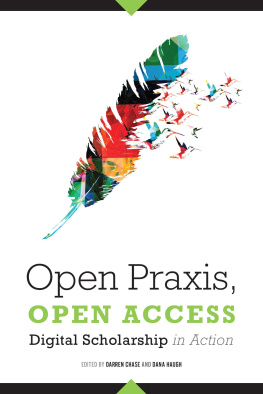
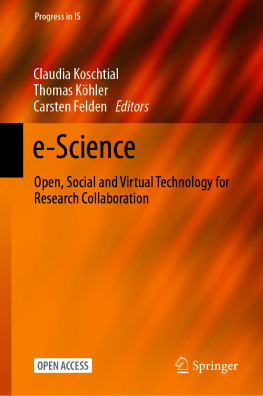
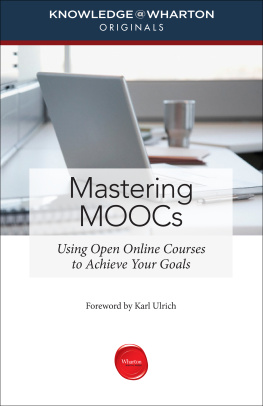
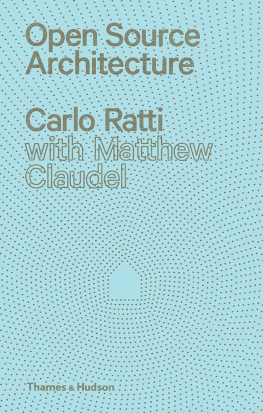
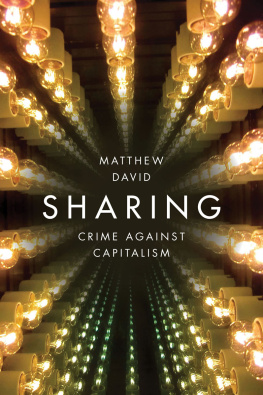

.jpg)